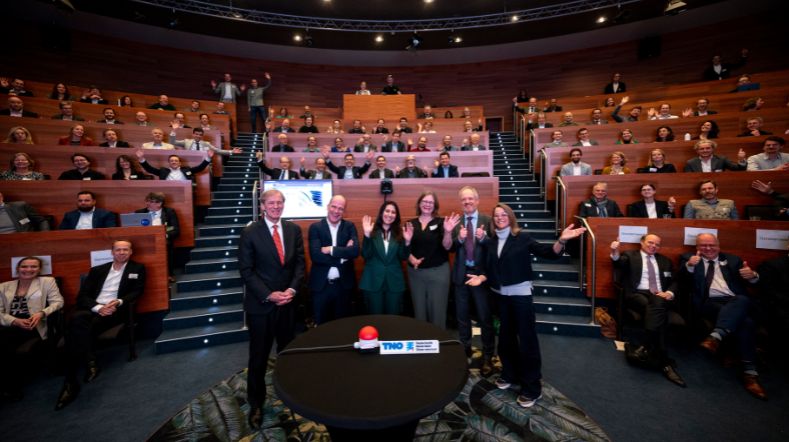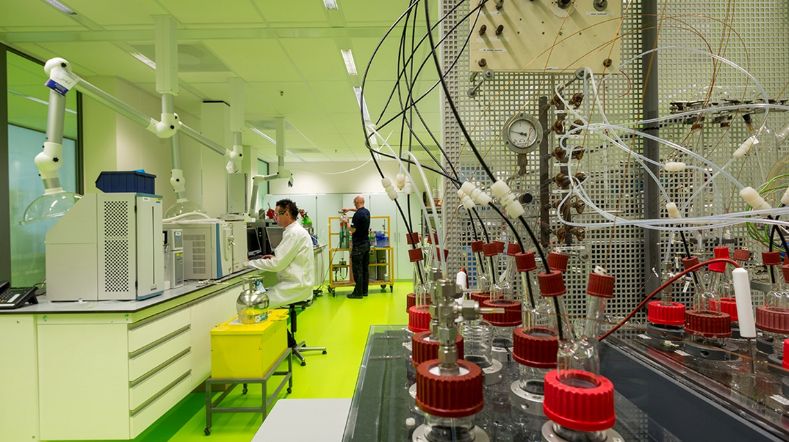
Enabling Sustainability Transitions in Emerging Economies
Every day, TNO develops knowledge, expertise and technology to address serious societal challenges. Our Innovation for Development programme applies that expertise to make an impact in developing and emerging economies. In a recently completed project, Innovation for Development provided strategic, actionable roadmaps to address waste management challenges in South-eastern Africa. The results set the stage to further support such transitions across the developing world.
A multi-faceted view
As part of our efforts to enable circular economies in low- and middle-income countries, TNO recently engaged in an in-depth study of the challenges and opportunities to improve waste management and circularity in Zimbabwe, Zambia and Malawi. In an intensive process with all relevant stakeholders, TNO identified the keys to accelerate transformation.
Understanding the complexity
‘There is no “silver bullet” to solve waste management challenges,’ explains Milou Derks, Lead Scientist in the South-eastern Africa project. ‘A combination of institutional, financial, social and infrastructural factors hinder development. Merely addressing one of those will not allow for any substantial change.
So, before we make a single recommendation, TNO takes the time to first deeply understand the waste system as a whole - all actors, activities, and interdependencies. This allows us to identify the root causes that hinder countries from transitioning. Based on those insights, we can develop a roadmap for overcoming the challenges.’
Accelerating progress
TNO can offer knowledge of recycling technology, business modelling and environmental impact analysis to assess the system and identify directions for change. We engage and connect stakeholders in- and outside the value chain to ensure the inclusion of all relevant views and local knowledge.
‘Our roadmaps are multi-disciplinary, locally supported, and focussed on both short- and long-term interventions,’ says Peter Paul van ‘t Veen, Business Developer. ‘We bring all of our expertise to bear to develop solutions that accelerate the transition to a more circular economy.’
Assessing for action
The project in South-eastern Africa began with a baseline assessment of each country. Then, potential pathways to progress were identified, using 20 KPIs that included institutional, economic, social, and environmental factors. Next, the team collaborated on the analysis of the root causes that hinder change for one, prioritised waste stream.
Together with the stakeholders we created a customised roadmap of interventions that can accelerate development across four domains: the institutional environment, constructive collaboration, knowledge and awareness, and the physical infrastructure.
‘You need change in all areas to be able to redistribute value across the chains and provide incentives for scaling sustainable waste management and recycling. By designing the roadmaps from the perspective of circularity, we empower the countries to maximise value creation and retention,’ explains Naomi Montenegro Navarro, Lead Consultant and Project Coordinator.
Taking an independent position
As an independent partner with no direct financial interest, TNO can take an unbiased view of a country’s challenges and identify a complete solution. TNO’s approach offers NGOs, governmental and international organisations and other stakeholders deeper insights that lead to practical, applicable and realistic solutions.
Want to know more?
Get in touch to find out more about what Innovation for Development can contribute to your circular economy goals.
Get inspired
Prospective Life Cycle Assessments for future-proof product design


ATACH selects TNO model for climate-related health risks in Kenya


Netherlands Materials Observatory (NMO) officially opened


Recovering critical raw materials from LFP Batteries


